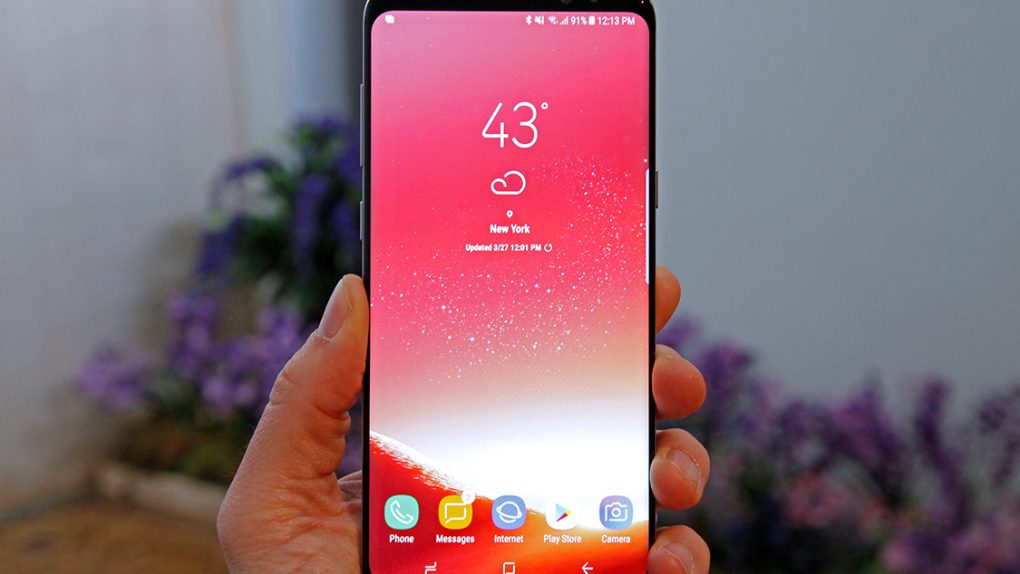2016 was a year of ups and downs for Samsung. Early on, the company was sitting pretty as consumers were snatching up Galaxy S7 devices en masse. In fact, thanks to incredibly strong demand for the S7 and the S7 Edge, Samsung’s profits during the second quarter of 2016 reached a level the company hadn’t seen in years.
By the time August rolled around, Samsung was poised to reach even greater heights when it released the Galaxy Note 7, a device universally praised by tech reviewers and users alike. Of course, as we all now know, it wasn’t long before we began seeing sporadic reports of Galaxy Note 7 devices catching fire and exploding. While these reports initially seemed to be isolated incidents, it soon became apparent that Samsung’s flagship phablet suffered from a fatal design flaw. Ultimately, Samsung had no choice but to issue a worldwide recall, a move which wound up costing the company billions in lost revenue in the process.
Samsung may have been down, but it has since managed to put last year’s Note 7 fiasco behind it for good, an impressive feat to say the least.
Last week, the company introduced the Galaxy S8 and the S8 Plus, two devices which have Android users excited to upgrade and which will reportedly help Samsung reach record profitability during Q2 of 2017.
According to a new research note from IBK Securities analyst Lee Seung-woo (via ZDNet), Samsung this quarter may post an operating profit in the $11 billion range, representing a year-over-year increase of nearly 50%. As a point of reference, Samsung during its second fiscal quarter of 2016 posted an operating profit of $7.22 billion.
If Samsung can reach the $11 billion projection for operating profits, it will mark the company’s most successful quarter to date, easily besting the existing record set back in 2013 when it posted an operating profit of $9.2 billion thanks to the wildly popular Galaxy S4.
Of course, Samsung is a conglomerate with income coming in from every direction imaginable. That said, the company’s semiconductor business and swelling OLED panel business will also help it achieve record profitability over the next few weeks. As we reported earlier in the week, Apple has reportedly inked a massive deal to purchase upwards of 70 million OLED panels from Samsung for the upcoming iPhone 8.
The larger takeaway here, though, is that Samsung has seemingly pulled off the impossible. Aided by the passage of time, Samsung has successfully managed to help people forget about what is arguably the most embarrassing and harrowing product recall in tech history, all in a matter of seven months no less. I suppose a side-effect of an industry that moves at breakneck speed is that consumers tend to have relatively short memories.








